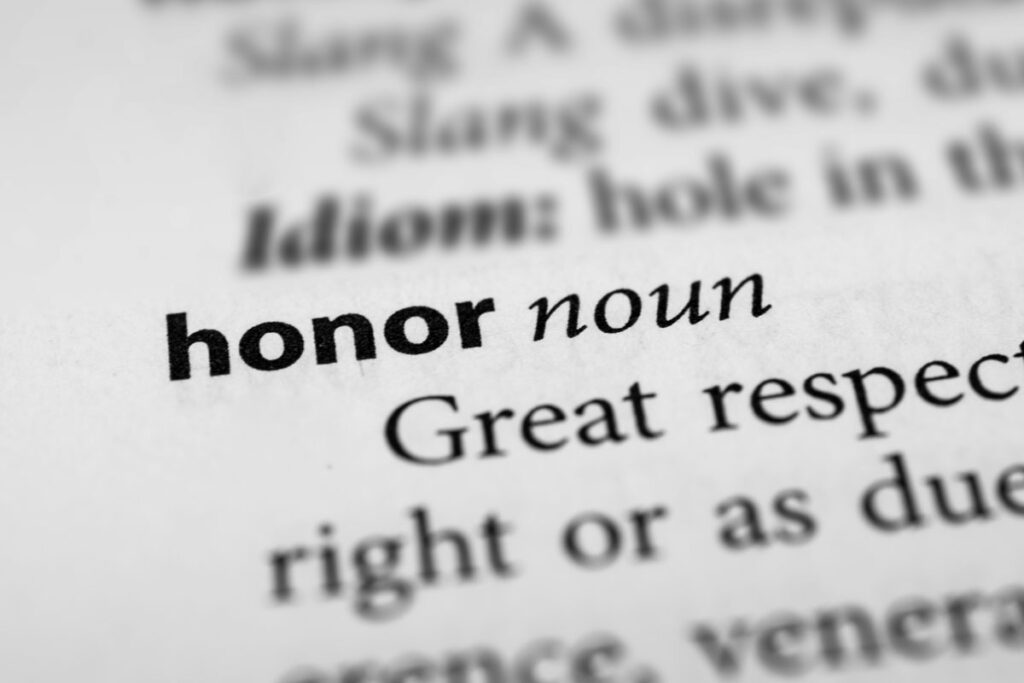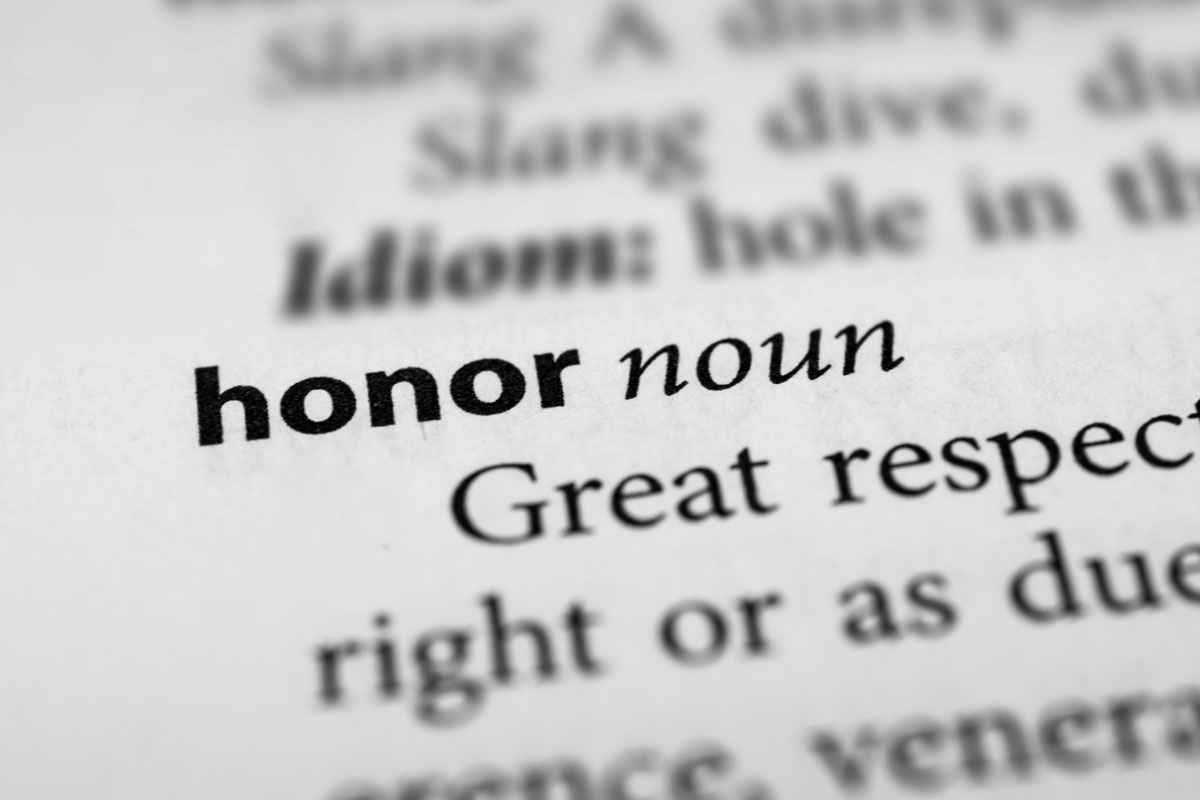
Honor Definition for Kids: Understanding Respect and Integrity
Understanding the concept of honor can be a little tricky for kids. It’s not something you can hold in your hand or see in a picture. Instead, honor is about how we act, how we treat others, and the kind of person we choose to be. This article will break down the honor definition for kids in a way that’s easy to understand, using examples and stories to help them grasp the importance of honor, respect, and integrity in their daily lives.
What Does Honor Mean?
At its core, honor is about doing what is right, even when it’s difficult. It’s about being truthful, fair, and respectful to others. It involves living up to your promises and standing up for what you believe in. Think of honor as a set of values that guide your actions and help you make good choices.
Here’s a simple honor definition for kids: Honor means being honest, respectful, and responsible in everything you do. It’s about having a strong sense of right and wrong and choosing to do the right thing, even when no one is watching.
Key Elements of Honor
- Honesty: Telling the truth and being sincere in your words and actions.
- Respect: Treating others with kindness and consideration, regardless of their differences.
- Responsibility: Taking ownership of your actions and being accountable for your choices.
- Integrity: Doing what is right, even when it’s hard or unpopular.
Why is Honor Important?
Honor is important because it helps build trust and strong relationships. When people know you are honorable, they are more likely to trust you and respect you. Honor also helps you feel good about yourself because you know you are living up to your values.
Imagine a classroom where everyone is honorable. Students are honest with their teachers, respectful of their classmates, and responsible for their homework. This creates a positive and supportive learning environment where everyone can thrive. Conversely, a lack of honor can lead to distrust, conflict, and unhappiness.
Real-Life Examples of Honor
Let’s look at some examples of what honor looks like in everyday situations:
- Telling the Truth: If you accidentally break a vase at a friend’s house, being honorable means admitting what happened, even if you’re scared.
- Keeping Promises: If you promise to help a friend with a project, being honorable means following through on your commitment.
- Standing Up for Others: If you see someone being bullied, being honorable means speaking up and defending them, even if it’s difficult.
- Respecting Rules: Following the rules of a game or the guidelines set by your parents or teachers demonstrates honor.
Honor in Stories and History
Many stories and historical events highlight the importance of honor. Think of characters in books or movies who make difficult choices because they believe it’s the right thing to do. These characters often demonstrate courage, integrity, and a strong sense of honor.
For example, consider the story of George Washington. He was known for his honor and integrity. He always tried to do what was right, even when it was difficult. His honorable actions helped him become a great leader and a respected figure in history. [See also: American Historical Figures for Kids]
Examples from Literature
- Harry Potter: Harry consistently chooses to do what is right, even when it puts him in danger, demonstrating honor and bravery.
- Atticus Finch (To Kill a Mockingbird): Atticus defends an innocent man, even in the face of prejudice, showcasing his strong moral compass and honor.
- Mulan: Mulan disguises herself as a man to take her father’s place in the army, showing her honor and devotion to her family.
Teaching Honor to Kids
Parents and educators play a crucial role in teaching kids about honor. Here are some ways to instill a sense of honor in children:
- Lead by Example: Children learn by watching the adults in their lives. Demonstrate honorable behavior in your own actions and interactions.
- Talk About Values: Have conversations about the importance of honesty, respect, responsibility, and integrity. Explain why these values are important and how they contribute to a better world.
- Encourage Empathy: Help children understand how their actions affect others. Encourage them to put themselves in other people’s shoes and consider their feelings.
- Provide Opportunities for Responsibility: Give children age-appropriate responsibilities, such as chores or helping with younger siblings. This helps them learn about accountability and the importance of fulfilling their commitments.
- Praise Honorable Behavior: When you see a child acting honorably, praise their behavior and explain why it was admirable. This reinforces the importance of honor and encourages them to continue making good choices.
Common Misconceptions About Honor
Sometimes, people misunderstand what honor truly means. It’s important to clear up these misconceptions:
- Honor is not about being perfect: Everyone makes mistakes. Honor is about acknowledging those mistakes, learning from them, and striving to do better in the future.
- Honor is not about being popular: Sometimes, doing the right thing means standing up against the crowd. Honor requires courage and a willingness to do what is right, even if it’s unpopular.
- Honor is not just for adults: Children can demonstrate honor in their everyday lives by being honest, respectful, and responsible.
Activities to Promote Honor
Engaging in activities that promote honor can help kids better understand and internalize its meaning. Here are a few ideas:
- Role-Playing: Create scenarios where kids can practice making honorable choices. For example, they could role-play a situation where they find a lost wallet and have to decide whether to return it or keep the money.
- Storytelling: Share stories of honorable individuals and discuss the qualities that made them admirable. Encourage kids to reflect on how they can emulate those qualities in their own lives.
- Community Service: Participating in community service projects can help kids develop a sense of responsibility and empathy. It also allows them to see the positive impact they can have on their community.
- Discussions: Facilitate discussions about ethical dilemmas and encourage kids to consider different perspectives. This helps them develop their critical thinking skills and learn to make informed decisions based on their values.
The Long-Term Benefits of Honor
Instilling a sense of honor in children has long-term benefits that extend far beyond their childhood years. Honorable individuals are more likely to succeed in their personal and professional lives, build strong relationships, and contribute positively to society.
By teaching kids about honor, we are equipping them with the values and skills they need to become responsible, ethical, and compassionate adults. We are helping them build a foundation for a life of integrity, purpose, and fulfillment. [See also: Building Character in Children]
Conclusion
The honor definition for kids is simple: It’s about being honest, respectful, and responsible. It’s about doing what is right, even when it’s difficult. By understanding and practicing honor, kids can build strong character, develop meaningful relationships, and make a positive impact on the world. Let’s encourage our children to embrace honor in all aspects of their lives and become the honorable leaders of tomorrow. Remember, understanding the honor definition for kids isn’t just about learning a word; it’s about shaping a life of integrity and respect. It’s about being an honorable person in every sense of the word.

